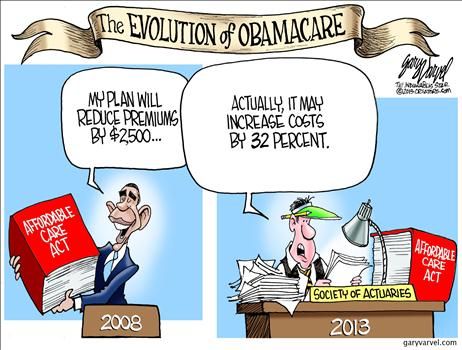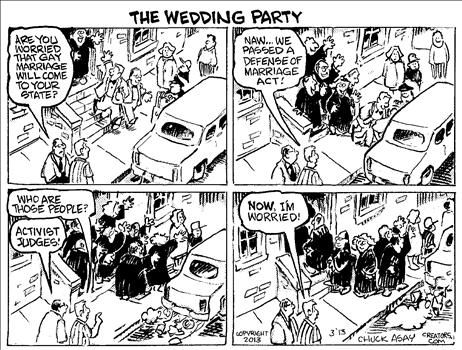From the looks of it, the money has been wasted, lost to the politics of power and control. Now we have figure out how to pay the money back before the bill comes due and we're broke. Think about this before you decide who to vote for in the next election. It's simple decision. One side says 'we can fix this' and the other side says 'we don't care about fixing this'.
The Role of China in the U.S. Debt Crisis
Source: James A. Dorn, "The Role of China in the U.S. Debt Crisis," Cato Journal, March/April 2013.
March 29, 2013
The United States' gross public debt exceeded $16 trillion in 2012, with nearly $4 trillion in spending each year. The myth is that the Chinese own a large amount of the public debt of the United States and are continuing to add to the debt in large amounts each year. The reality is that the Chinese own a very small amount of the debt. The Chinese have, however, made an impact on the U.S. debt crisis through their own financial repression (China's capital markets are tightly controlled). There are ways China can reduce this impact by advancing the role of the market and limiting the power of government, says James A. Dorn, editor of the Cato Journal.
Entitlement programs, overspending and the stimulus programs of the 2009 financial crisis are the real causes of the U.S. debt crisis. The United States should adhere to its first principles and practice the ideal of liberty under the law while also restoring economic freedom and personal responsibility. Both the United States and China have to work on solving their own problems while jointly avoiding protectionism.
Owners of the U.S. debt:
Entitlement programs, overspending and the stimulus programs of the 2009 financial crisis are the real causes of the U.S. debt crisis. The United States should adhere to its first principles and practice the ideal of liberty under the law while also restoring economic freedom and personal responsibility. Both the United States and China have to work on solving their own problems while jointly avoiding protectionism.
Owners of the U.S. debt:
- Intragovernmental and Federal Reserve Holdings: 39.9 percent.
- Foreign Holdings (not China): 22.4 percent.
- China Holdings: 8.4 percent.
- Domestic Holdings: 27.3 percent.
- Major distortions in the price system (interest rate controls, a pegged exchange rate, capital controls and credit quotas).
- Persistent trade surpluses and capital inflows leading to massive foreign exchange reserves.
- Low consumption with high levels of investment and net exports.
- Rapid expansion of the federal government.
- Excessive private and public debt due to overconsumption.
- High marginal tax rates on capital.
- Growing redistributive state.
- Low saving rate.
- Highly leveraged financial sector.
- Rising health care costs.
- No concerted attempt to reduce government spending.
- No progress on meaningful tax reform.



